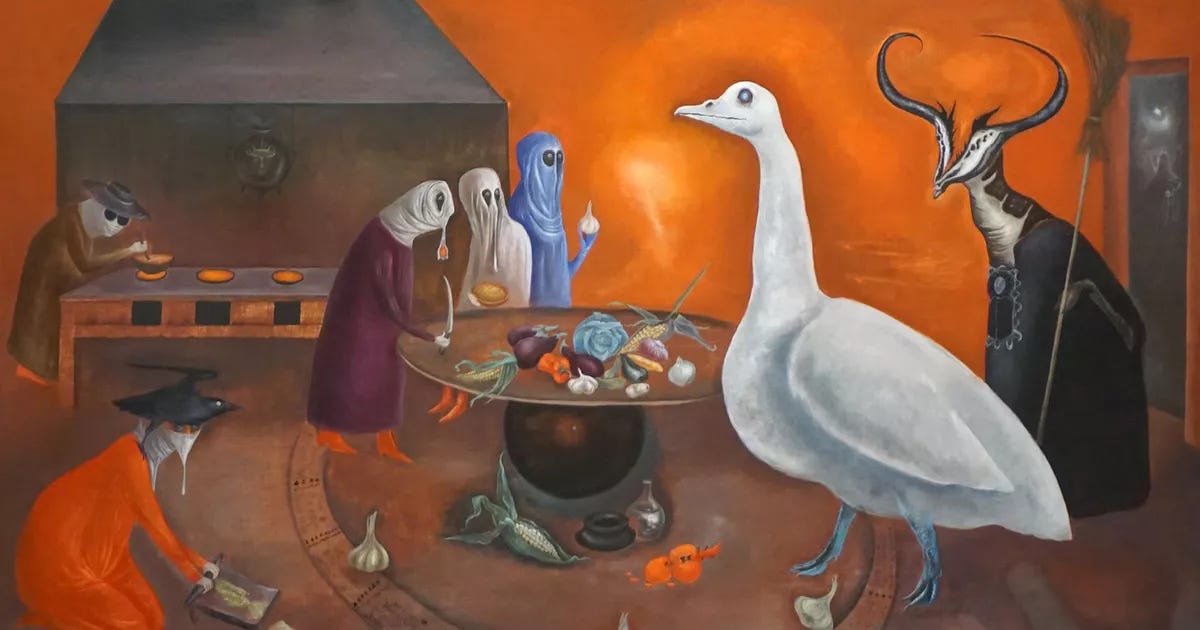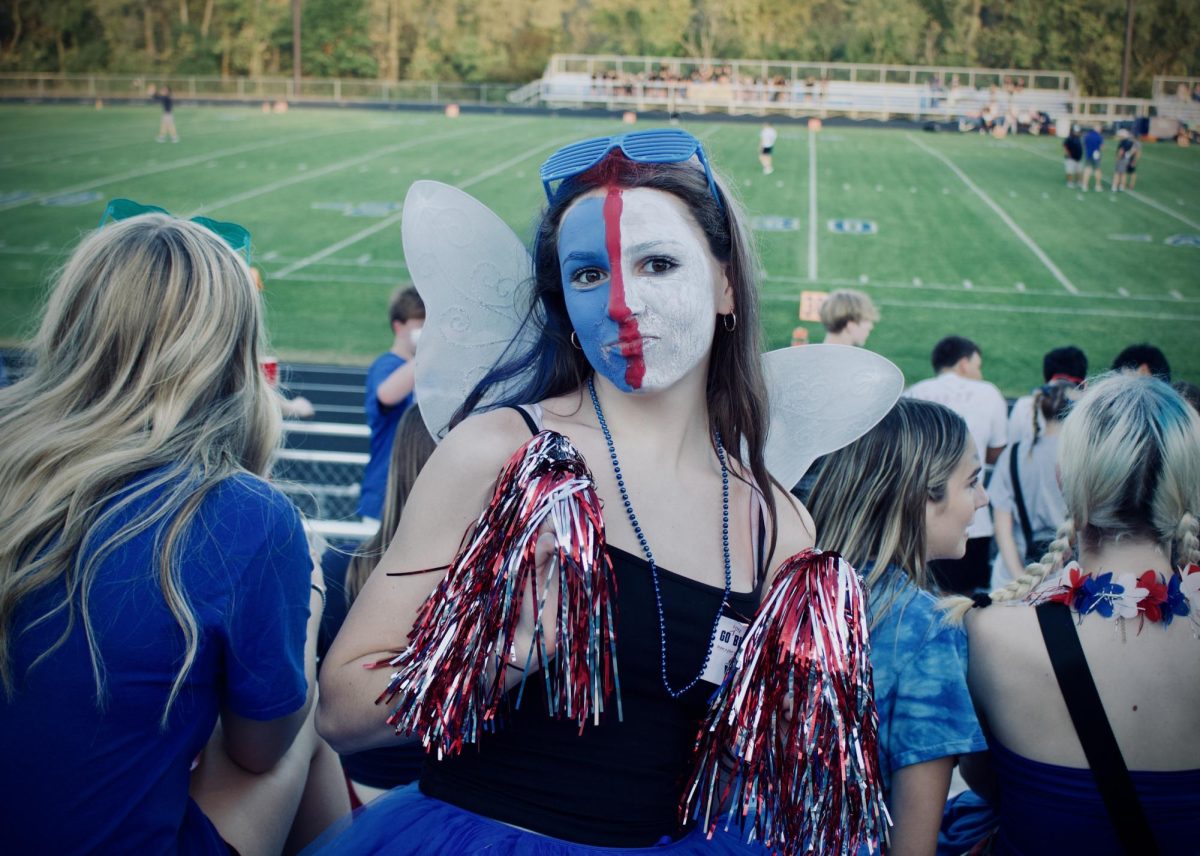There are two central medians in filmmaking: animation and live-action. However, many directions can be taken with those two medians. When making a film, some directors wish to create a realistic world that can easily captivate an audience. In contrast, other directors prefer to create a stylized world of fantasy that can evoke great emotion through artistic expression.
Many have begun to ask which is better for film, realism or fantasy. Both have their merits and can enhance a film in unique ways. Realism, with its focus on logical sense, allows a director to create a film that resonates with the audience. A realistic movie, often live-action, appeals to a larger audience and immerses them in a world they can relate to. The setting, chosen for its real-world resemblance, fosters a sense of connection rather than just aesthetic appeal. It’s a reflection of our world, making the audience feel a part of the narrative.
Realistic films can’t have imaginative settings, such as in the future or space, but are often grounded in a perceivable setting. They also often have very realistic characters who suffer from very relatable challenges. Main conflicts in realistic films are often grounded in real-world problems. These conflicts normally follow the narrative of political conflicts or conflicts about the ever-approaching (and rather daunting) future. Realistic films are often very emotional and complex films that remain nuanced throughout.
In short, the main point of having realism in a film is to create a story that could have occurred to people in a believable setting. However, fantasy in filmmaking is more lenient on what can and cannot happen. Fantasy, with its unlimited design potential, allows a director to create a setting that is only limited by imagination. This freedom to create anything inspires directors to push the boundaries of storytelling and captivate the audience with their creativity.
Fantasy films heavily rely on the idea that the audience is suspended in disbelief throughout the film’s runtime. When directors create a fantasy film, they often try to be as creative as possible to captivate the audience. The creative ideas that a fantasy film usually portrays include larger-than-life characters and settings that inherently defy logical sense but remain entertaining throughout.
Fantasy films allow creative freedom, which allows directors to create stories that are often far-reaching but remain grounded with emotional and entertaining characters. A big appeal of fantasy films is that they allow people to ask, “What if…?” This simple idea that anything can happen has allowed fantasy films to always remain fresh with new ideas. Fantasy films have ranged from incredibly light-hearted to very grim, and this variety has kept these films compelling.
In conclusion, both fantasy and realistic films can create captivating stories. Neither form of storytelling is necessarily hindered from its preferred direction, for both allow entertaining tropes to take form in cinema. These values of both fantasy and realism in film make me believe both are vital for the entertainment industry.











